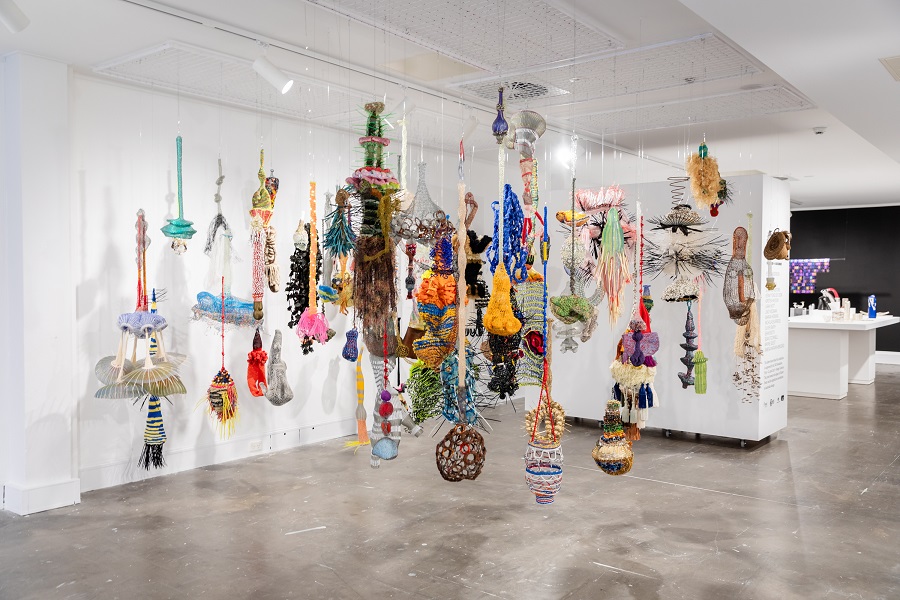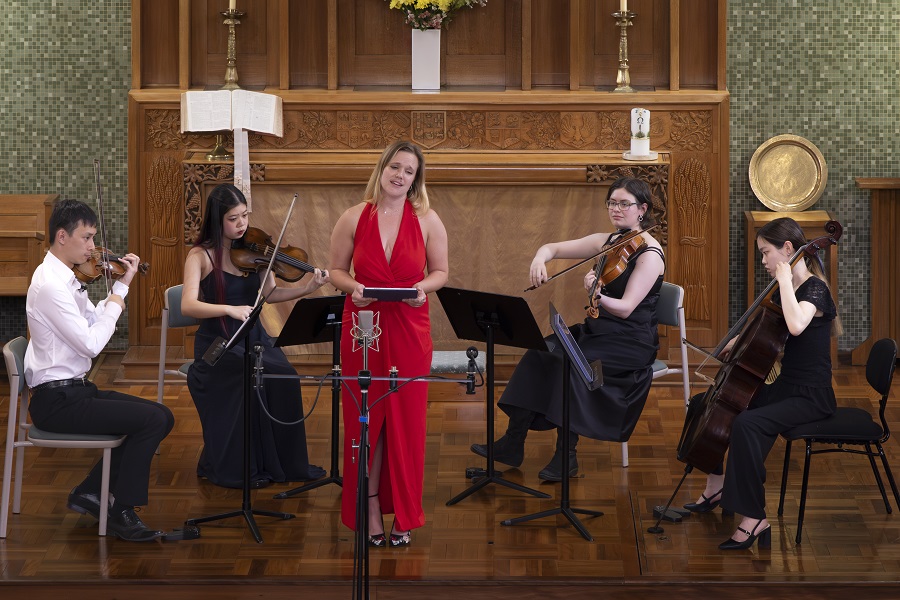TAKING on two of the greatest, most monumental masses in choral literature makes for quite a challenge. The Canberra Choral Society, augmented to around twice its usual size, rose to the challenge brilliantly in a recital that was uplifting and inspiring.
Haydn wrote his “Missa in Angustiis” (“Mass in Troubled Times”), otherwise known by its nickname “Nelson Mass”, at the peak of his powers, about 11 years before he died.
The “Troubled Times” were the Napoleonic wars. But, at its premiere, the news broke that Horatio Nelson had defeated Napoleon in the Battle of the Nile. So, it earned its nickname – somewhat antonymous to its autograph title.
Despite that, there’s something of an urgency about the work. It’s full of fanfares, allegro tempi, and brightness; it seems more aligned to its nickname than suggesting “troubled times”.
As for Mozart’s “Requiem”, it remained unfinished when he died in 1791. A friend, Franz Xaver Süssmayr, completed the work so that Mozart’s wife, Constanze, could deliver it to its commissioner, a count, who wanted it for the first anniversary of his wife’s death, in February, 1792.
Much like Haydn’s “Missa in Angustiis”, Mozart’s “Requiem” is surrounded by incongruity. One theory was that, as portrayed in the 1984 film, “Amadeus”, a cloaked and masked messenger delivered the commission (the film wanted the viewer to believe it was Mozart’s nemesis, Salieri). Another was that Mozart ended up believing his composition was for his own funeral.
One thing is for certain, Mozart’s “Requiem” is as full of darkness as the “Nelson Mass” is brightness and light.
The choir’s chorus master Dan Walker, who is to become its music director next year, prepared the large choir for this performance magnificently. There was perfect tonal balance across the circa 200 choristers, even through the huge dynamics in both works, and especially through the smooth-as-silk crescendi and diminuendi. Sopranos were pinpoint landing on even the highest notes and individual sections dominated effortlessly when they had the lead.
Conductor Graham Abbott moved things along at quite a clip at times, but everyone was able to keep up. There were almost no delayed entries and, when Abbott indicated, 200 voices would stop simultaneously. In the slower movements, Abbott achieved a beautiful fluidity.
Soloists were brilliant, too. Unamplified, soprano, Jacqueline Porter, mezzo, Anna Dowsley, tenor, Jonathan Abernethy and bass, Andrew Fysh, all had beautiful, clear voices that had no trouble reaching the farthest corners of Llewellyn Hall, even when called to do so above the choir and orchestra.
Concertmaster Barbara Jane Gilby led an orchestra whose understated presence provided the kind of foundation that any choir and soloists would wish for, never dominating, always empathetic to their roles.
A finer performance, especially for a choir that has been without a music director all year, one could not ask for.
Who can be trusted?
In a world of spin and confusion, there’s never been a more important time to support independent journalism in Canberra.
If you trust our work online and want to enforce the power of independent voices, I invite you to make a small contribution.
Every dollar of support is invested back into our journalism to help keep citynews.com.au strong and free.
Thank you,
Ian Meikle, editor




Leave a Reply